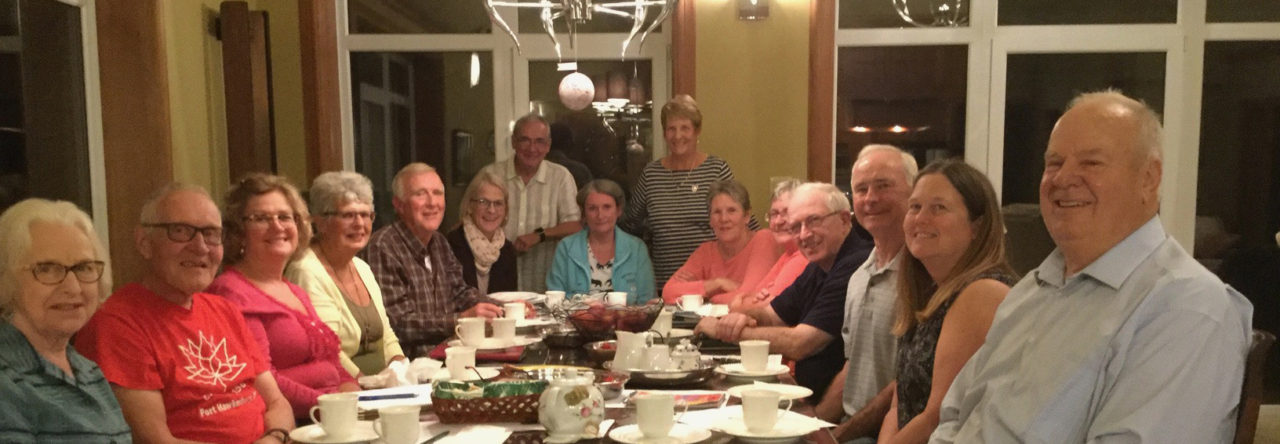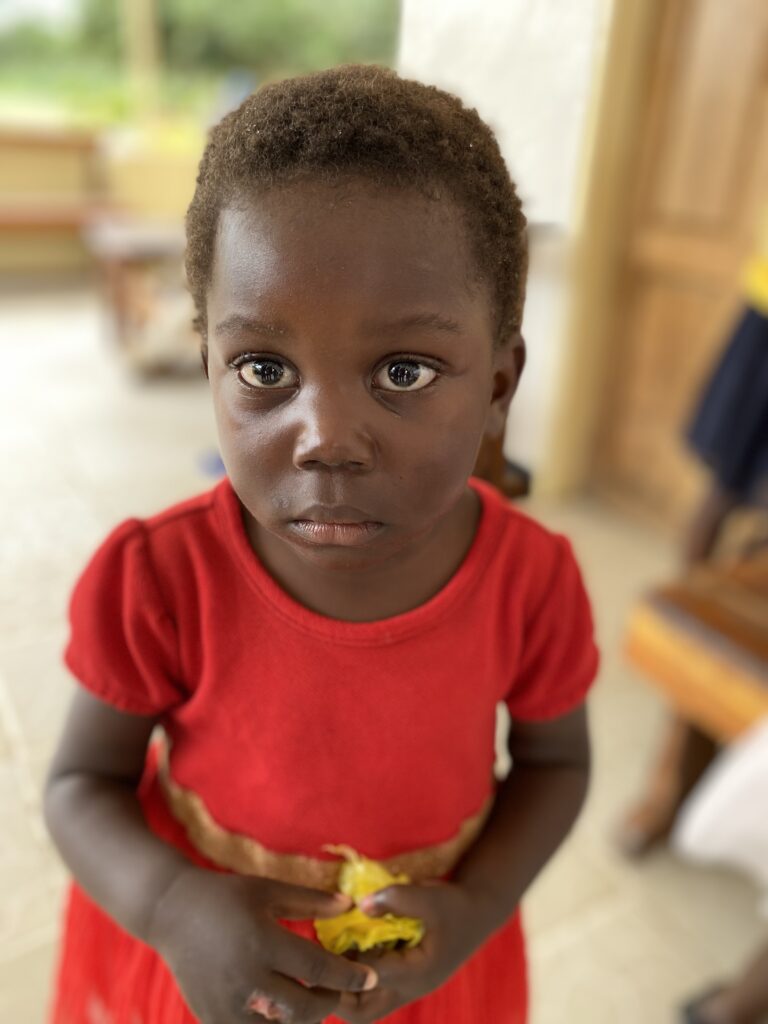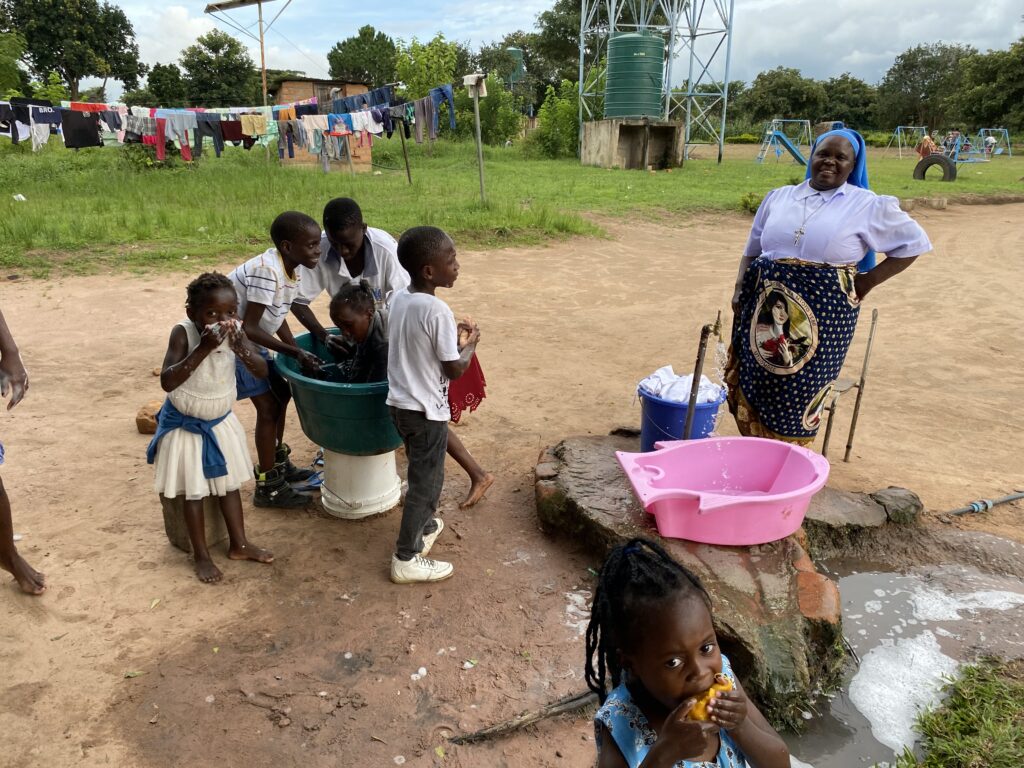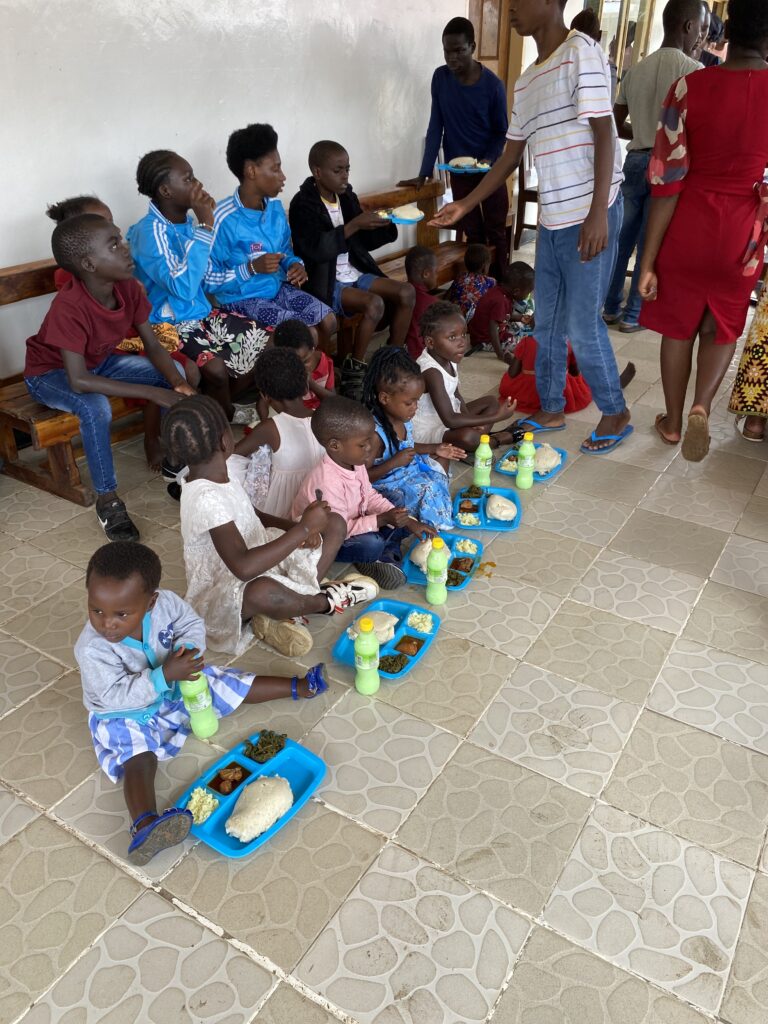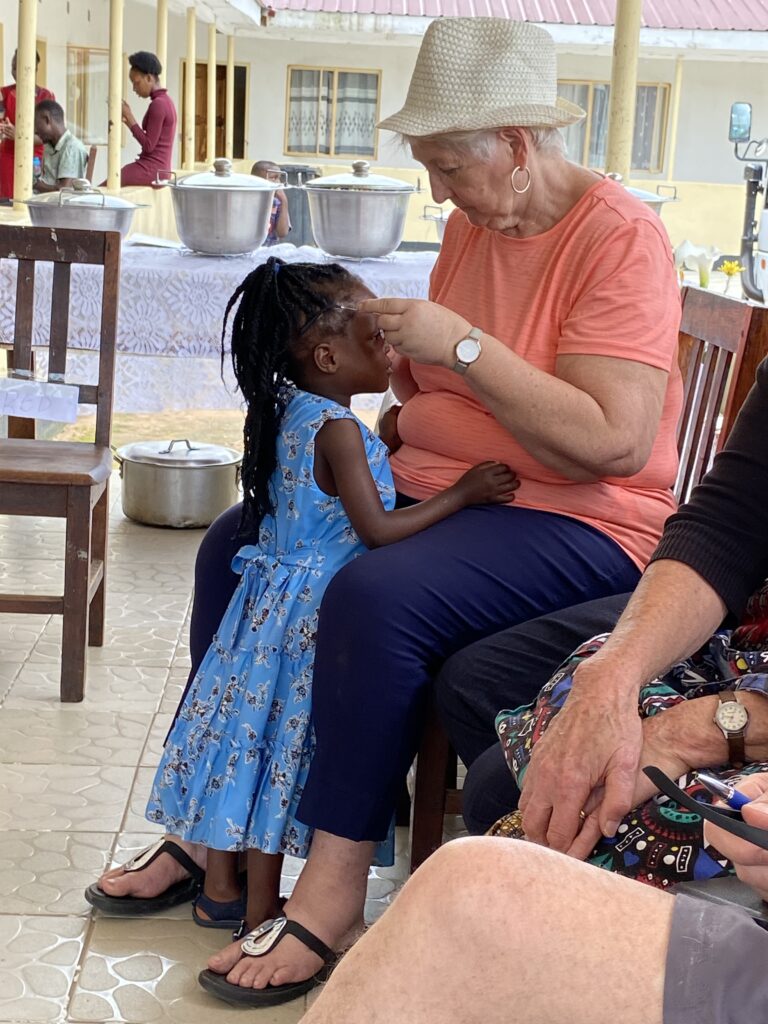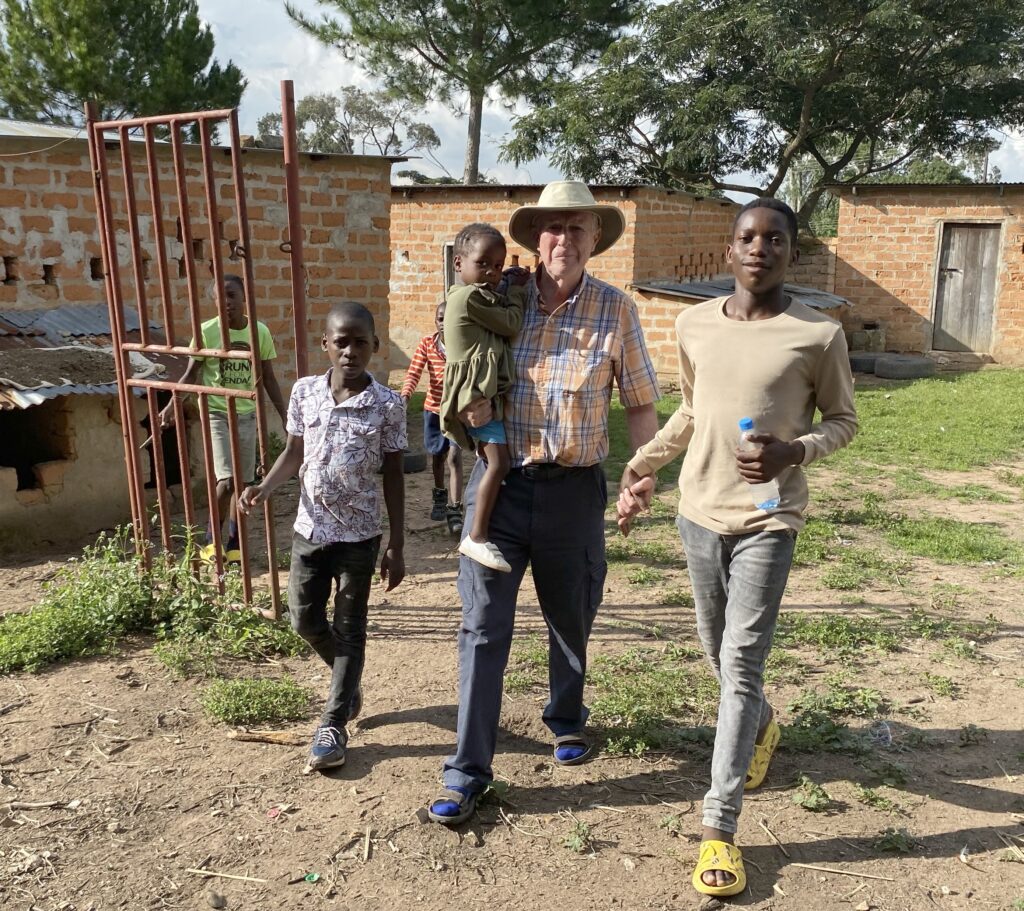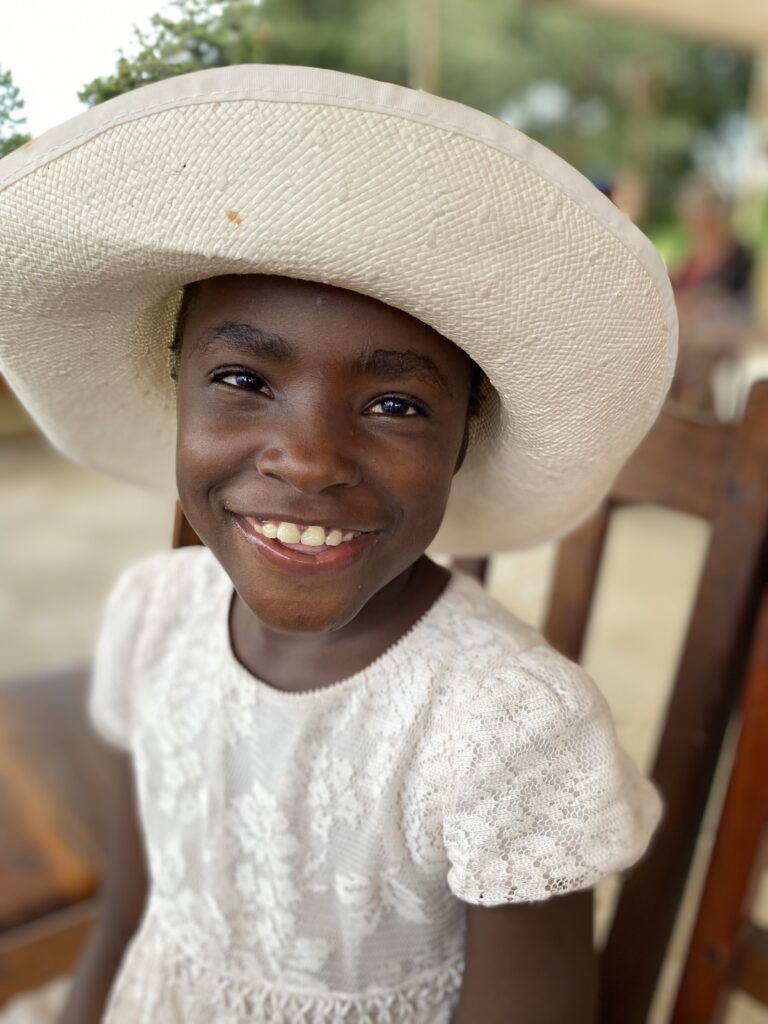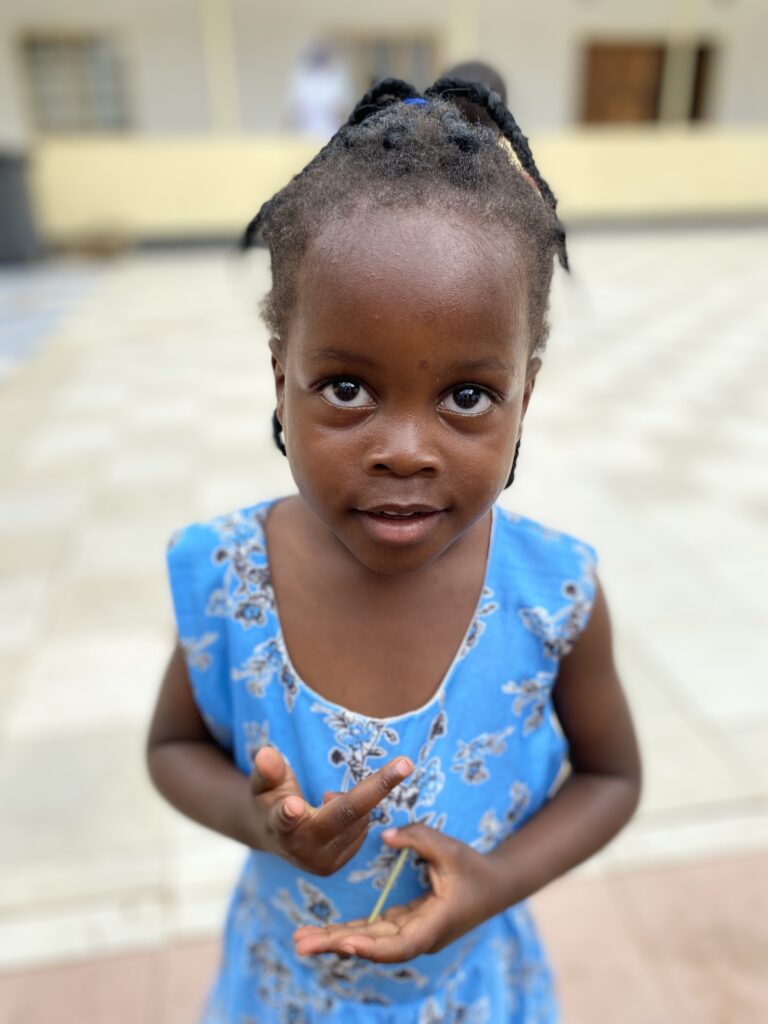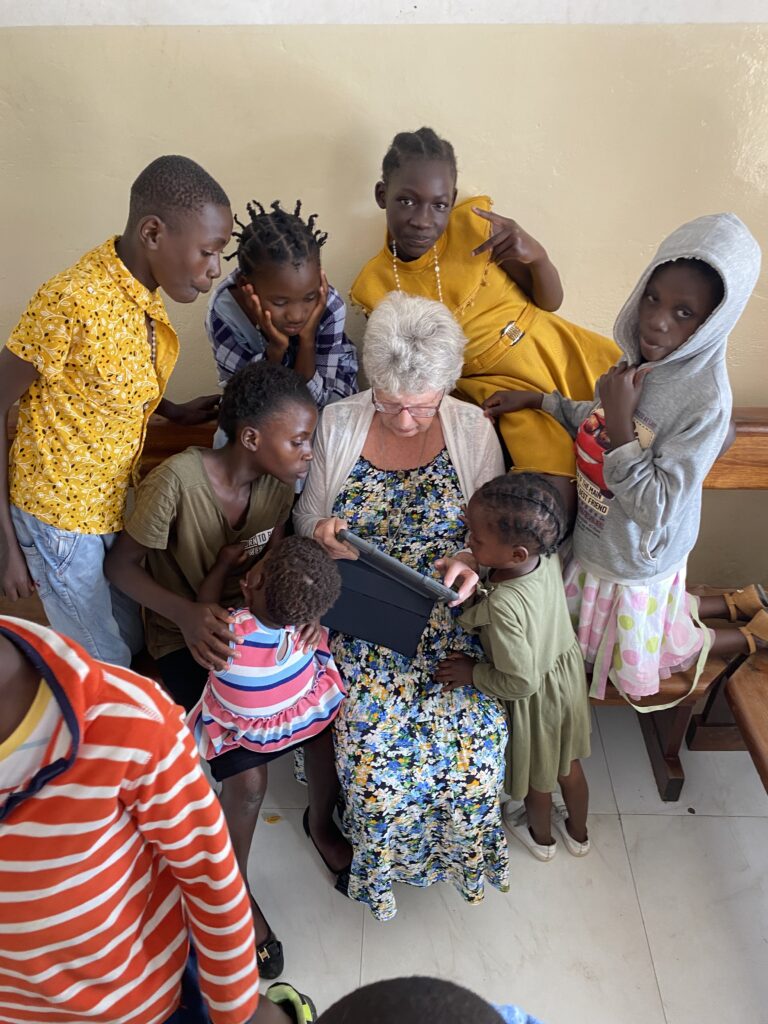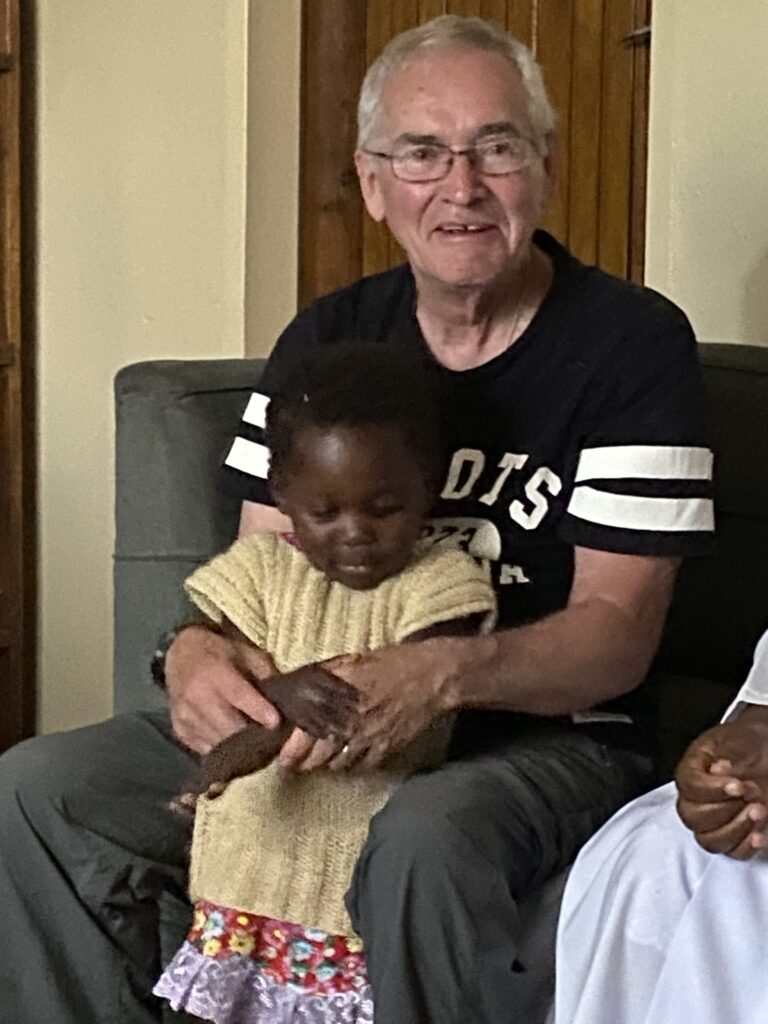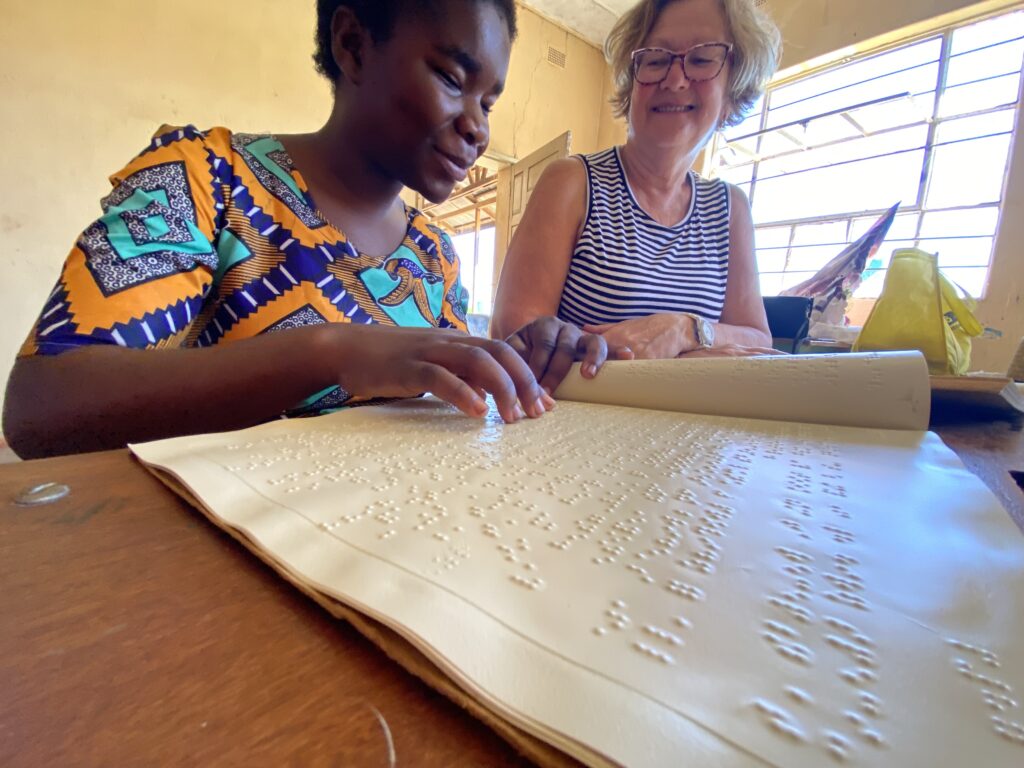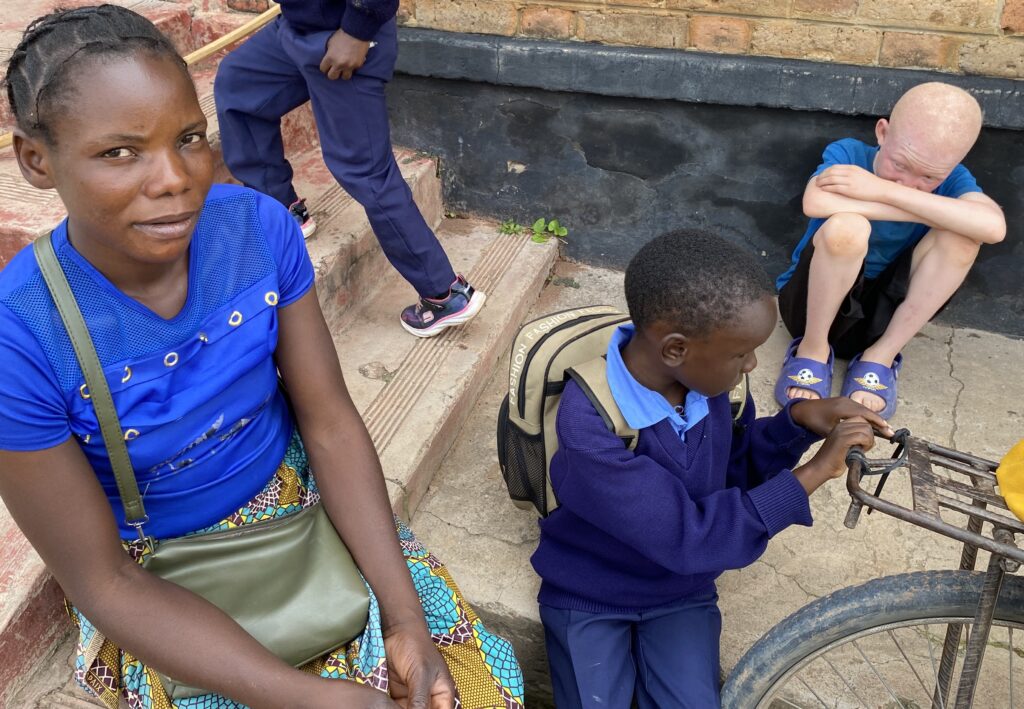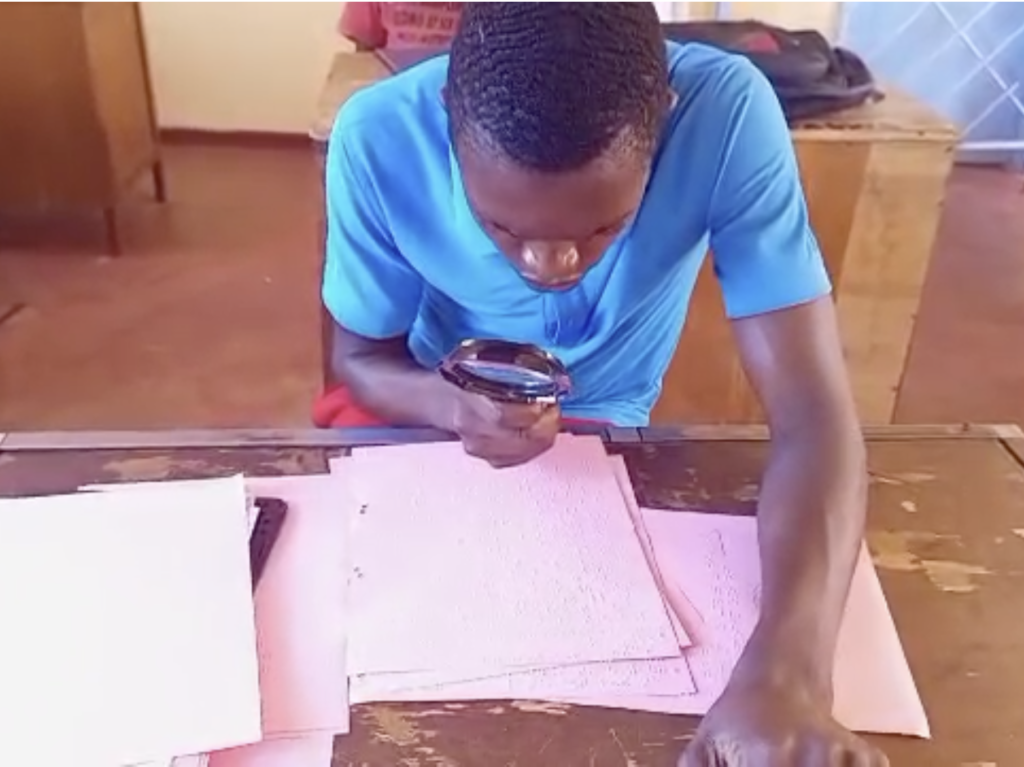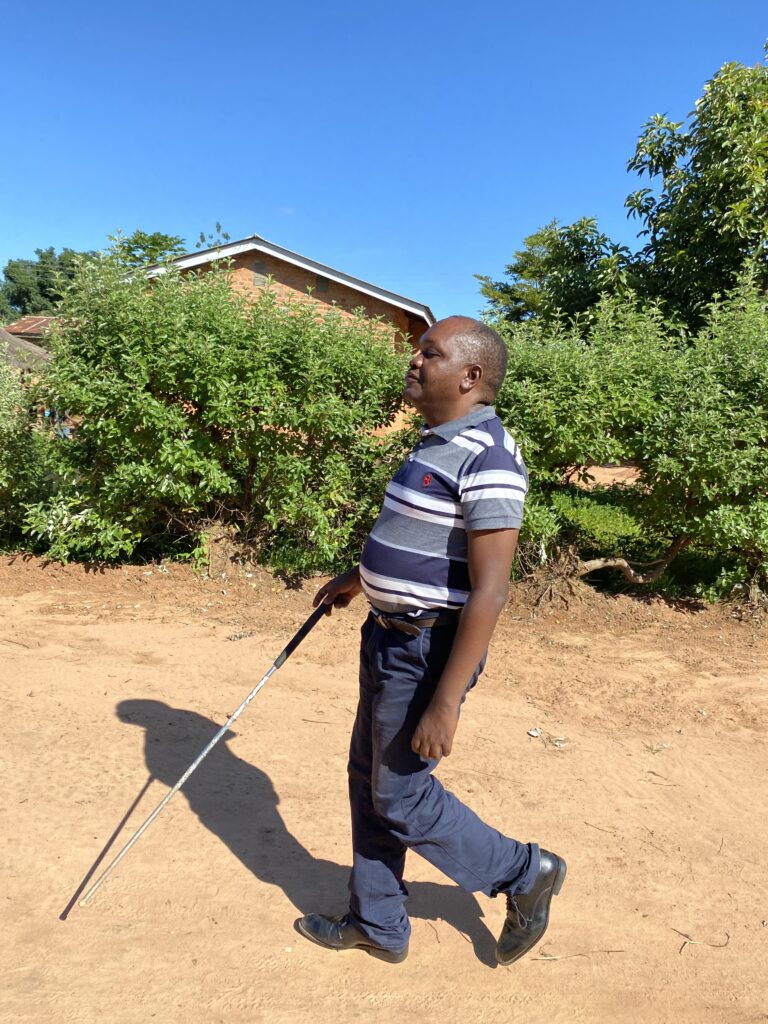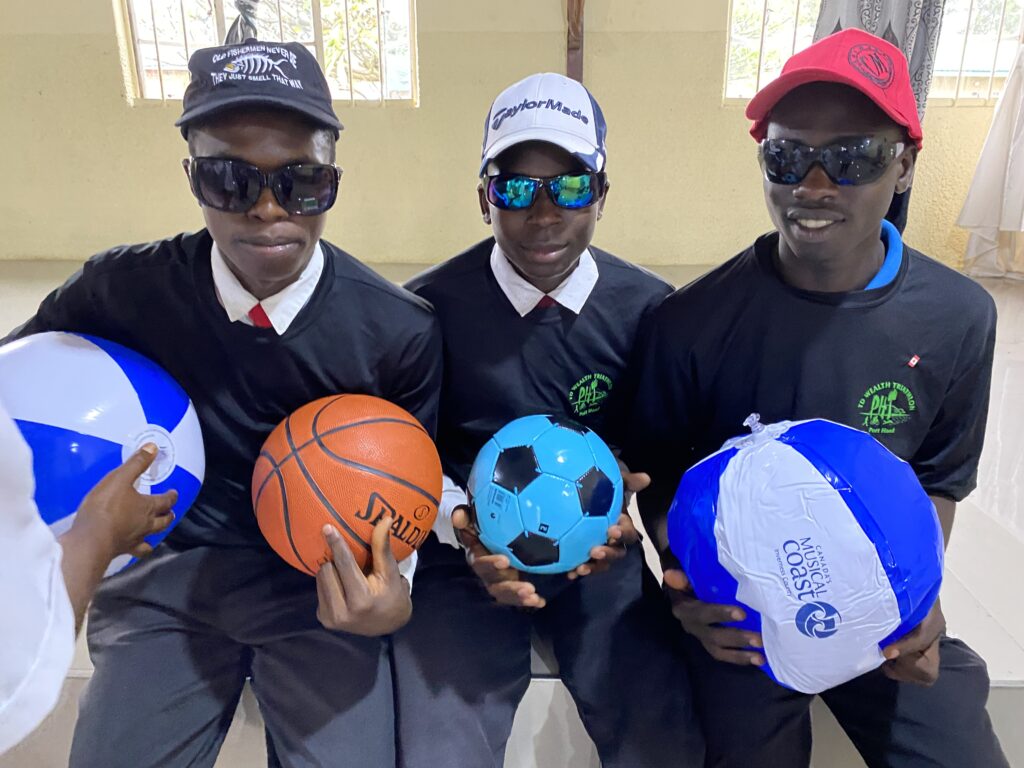Three years ago, Inverness County Cares made their first foray into farming. We grew potatoes and vegetables in John MacInnis’ field. It is a lovely piece of land, a flood plain with very few rocks and lovely loamy fertile soil. The weather cooperated and a bountiful crop was produced with great profits due to the support of our community. However, the potato bugs located us and keeping a large organic garden entailed the arduous task of hand picking the bugs and grubs for a good part of the summer. Our decision to discontinue the potato crop was a fortunate one for the next year was not a good potato year.
In late November of 2021 we planted out first test crop of garlic. Garlic is a crop that most gardeners enjoy planting, for with good preparation of the soil it can produce a good yield and get a fair price for the effort.
Garlic likes full sun and a well-drained location with a lot of rich compost, (rotted manure). We selected a sunny hillside at MacLeod’s on the Lower Shore Road and began to prepare the site. Plentiful compost (thank you Alex and Justin Sutherland), was tilled in using our Troybilt Horse tiller, until the soil was fine and well mixed and no commercial fertilizer or pesticides were used.
We always use last year’s crop as seed for the following year. In late November we planted the largest cloves which gave the new crop a good start. Planting this late discourages the bulbs from sending up their green shoots in late fall. Each garlic bulb needs to be broken apart, leaving the papery skin intact. We plant a white large clove variety with about 4 cloves per bulb and a purple striped variety with more cloves per bulb, with the names of both lost over the years. We plant them about 4 inches apart and 2-3 inches under the soil with the pointy end up. Next step is to sprinkle a layer of straw to protect the garlic during the winter. We secure the straw by placing spruce boughs over the straw and this also collects and captures an insulating snow blanket, preventing the freeze and thaw cycle we are experiencing more often these past years.
Point of interest: Last spring in early March we noted that our personal stash of garlic had many sprouted cloves/bulbs. Rather than waste them we planted them. These spring bulbs grew well and some developed into ‘Solo’ garlic, which is a very nice one clove bulb.
In early spring the spruce boughs are removed but the straw remains to discourage weeds and retain moisture. The garlic shoots are a welcome sight as they are some of the first signs of spring in mid-April. They grow quickly as the sun warms the soil and in July they produce scapes, which are the flowers of the garlic. Left unclipped they will grow into small bulblets and take the energy from the bulb and possibly reduce the garlic clove size by 30%. The scapes when picked early are tender and can be used in many delicious ways. We harvest garlic in August and when the 30% – 50% of the leaves have turned brown.
The bulbs are dried for a few weeks and then the tops are cut off and the roots snipped, but the bulb is left intact. This is where we are now.
OUR GARLIC BULBS ARE READY FOR SALE. The garlic proceeds will go toward providing sunscreen for the albino children.
We store our garlic in a ‘cold-room’ over the winter where it does well until some start sprouting. These we use for our spring planting.
Our garlic comes in many sizes. Since small garlic are harder to prepare, we peel the small cloves and put in a food processor with some olive oil. We portion this in convenient sizes, vacuum seal and freeze to provide an easy portion of garlic for cooking.
CONTACT US TO PURCHASE GARLIC. 902 227 5425 or colmac27@gmail.com
$15 per pound.
Inverness County Cares (ICC) is a local charitable organization, founded in 2012 and based in Inverness County, NS, Canada. ICC works in partnership with Chalice.ca, a Canadian charity, based in Bedford, Nova Scotia. Chalice provides guidance and assistance to help ICC provide a better life for the children at the Kawambwa schools. The Kawambwa Project involves supporting two schools for albino and visually impaired students, in Northern Zambia. Inverness County Cares always welcomes new members. Individuals who wish to donate, can use the donate button on our website http://invernesscountycares.com When using E-transfer, please include your mailing address for CRA tax receipts and a thank you message. E-transfer address: invernesscountycares@gmail.com or send a cheque to Inverness County Cares, 5414 Route 19, Judique, NS, Canada, B0E1P0. Taxation receipts provided for USA and Canada.



